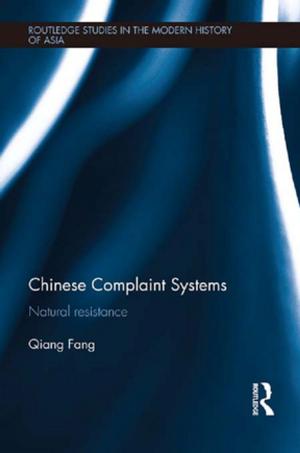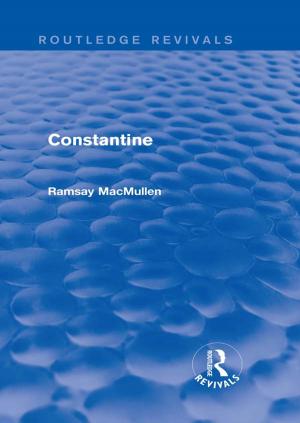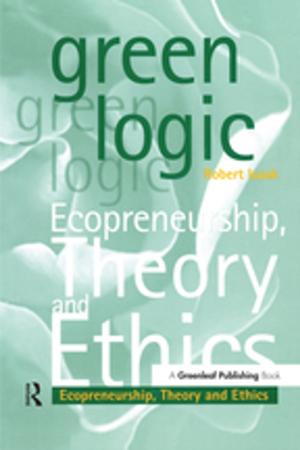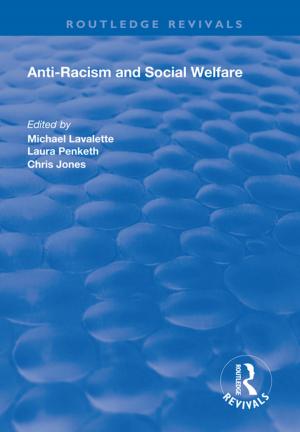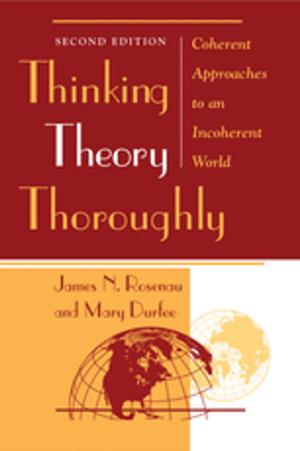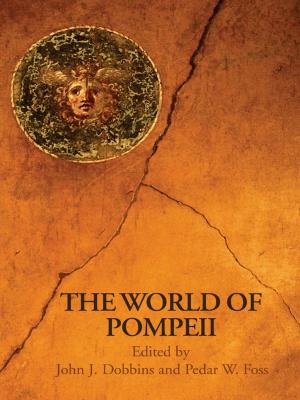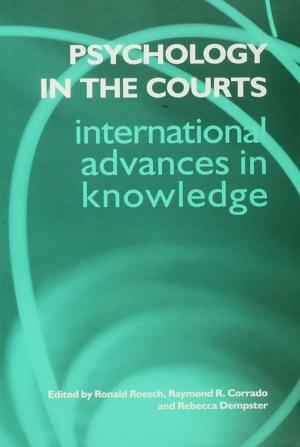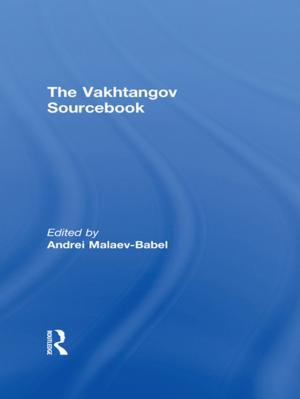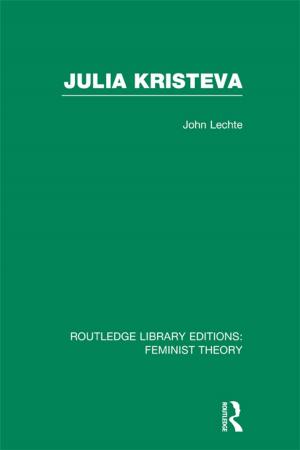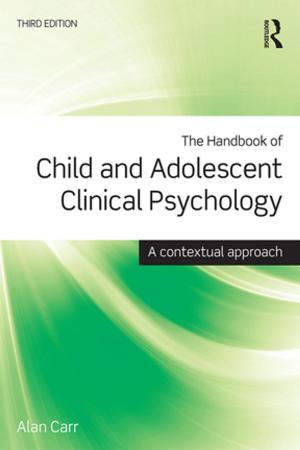Schubert's Lieder and the Philosophy of Early German Romanticism
Nonfiction, Entertainment, Music, Music Styles, Classical & Opera, Chamber, Theory & Criticism, History & Criticism, Reference| Author: | Lisa Feurzeig | ISBN: | 9781317059134 |
| Publisher: | Taylor and Francis | Publication: | April 1, 2016 |
| Imprint: | Routledge | Language: | English |
| Author: | Lisa Feurzeig |
| ISBN: | 9781317059134 |
| Publisher: | Taylor and Francis |
| Publication: | April 1, 2016 |
| Imprint: | Routledge |
| Language: | English |
This study of Franz Schubert's settings of poetry by Friedrich Schlegel and Novalis introduces the fascinating world of early German Romanticism in the 1790s, when an energetic group of bold young thinkers radically changed the landscape of European thought. Schubert's encounters with early Romantic poetry some twenty years later reanimated some of the movement's central ideas. Schubert set eleven texts from Schlegel's Abendröte poetic cycle and six poems drawn from Novalis' religious and erotic poetry. Through detailed analyses of how various musical structures in these songs mirror and sometimes even explicate the central ideas of the poems, this book argues that Schubert was an abstract thinker who used his medium of music to diagram the complex ideas of a highly intellectual movement. A comparison is made to the hermeneutic theory of that time, primarily that of Schleiermacher, who was himself linked to the early Romantics. Through exploration of ideas such as Schlegel's representation of the necessary interdependence of part and whole and Novalis' strong association of religious and erotic experience, along with their musical representations by Schubert, this book opens an intriguing world of thought for modern readers. At the same time, Feurzeig explores some of Schubert's little-known songs, which range from quirky to charming to exquisite.
This study of Franz Schubert's settings of poetry by Friedrich Schlegel and Novalis introduces the fascinating world of early German Romanticism in the 1790s, when an energetic group of bold young thinkers radically changed the landscape of European thought. Schubert's encounters with early Romantic poetry some twenty years later reanimated some of the movement's central ideas. Schubert set eleven texts from Schlegel's Abendröte poetic cycle and six poems drawn from Novalis' religious and erotic poetry. Through detailed analyses of how various musical structures in these songs mirror and sometimes even explicate the central ideas of the poems, this book argues that Schubert was an abstract thinker who used his medium of music to diagram the complex ideas of a highly intellectual movement. A comparison is made to the hermeneutic theory of that time, primarily that of Schleiermacher, who was himself linked to the early Romantics. Through exploration of ideas such as Schlegel's representation of the necessary interdependence of part and whole and Novalis' strong association of religious and erotic experience, along with their musical representations by Schubert, this book opens an intriguing world of thought for modern readers. At the same time, Feurzeig explores some of Schubert's little-known songs, which range from quirky to charming to exquisite.

